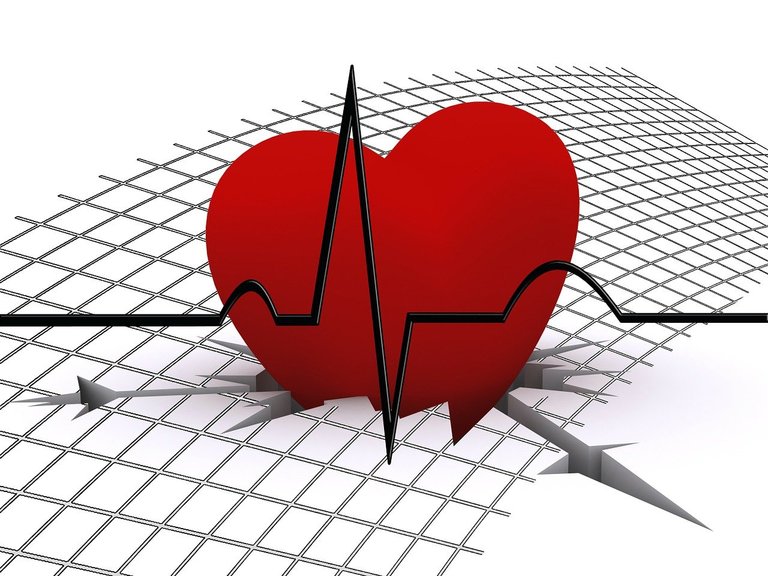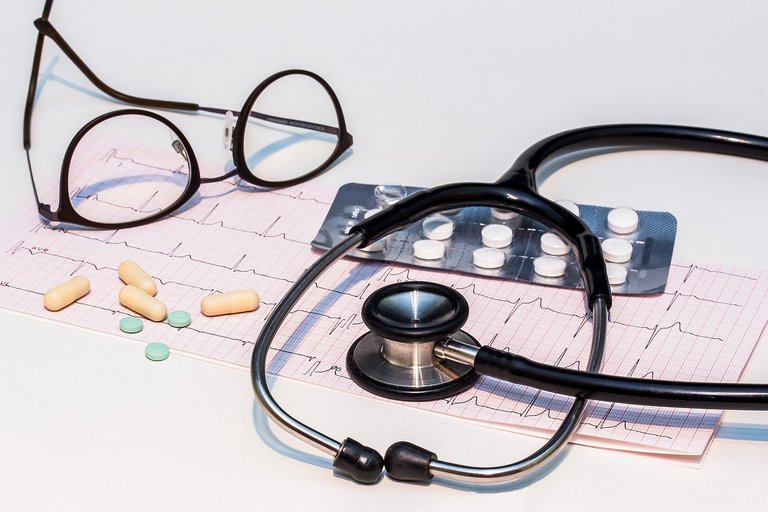
Image by Gerd Altmann from Pixabay
It’s been a very long time since I last posted here. But I woke up this morning and I felt inspired. I haven’t been leading my life very encouragingly and hit as close to rock bottom as I’ve been in the last couple of years.
Other times when I get wrecked this way, I usually have a will to fight it. But now, I want to see how long I can hold my breath underwater as I’ve sunken.
This page has so many memories, mostly highlighting the end of medical school and the beginning of my practice (from my internship).
During this phase of my life (for the past 5 months could be themed “Exam time”) I had all my fun while I was practising. I’ve had the gym junky moments and recently I’m trying to take life a little more seriously.
So what does all this have to do with my title, well nothing. I just wanted to let you know where I am before I start my little medical rant.
So ECGs
Any doctor reading this probably knows a little about what I’m talking about when I say I hate the ECG.
ECG stands for ElectroCardioGram or is it ElectroCardioGraph. Hardly matters what you call it. It's the one reason so many people will not become heart doctors (cardiologists).
ECGs are those wavy lines that you see in every medical soap opera that they use to show that the patient is about to die but then miraculously lives. I wish I could reference all the times that Grey’s Anatomy has used this as a means of communication.
If they are so easy to read by the public why would a doctor be exposing the whole medical practice by saying he does not like them?
My theory is, that even if you have a pen-throwing competition there are always those who are going to be better than others at it. ECG aren't exactly pen throwing but others are generally more proficient than others.
Well, first of all, they are not easy to read and you would know that if these moves didn’t make it seem so easy. If all we did was listen to beeps as line flashes go up and down, where would all the fun be?
On YouTube trying to learn

Image by Gerd Altmann from Pixabay
Check YouTube and you will find so many videos trying to explain the parts of an ECG plotting and all the different parts of it. It’s very annoying because you think you’ve finally figured it out then it's gone out of your memory.
But you are here reading this and 9/10 of you probably want to know what I’m yapping about and why it would be useful to you.
Well, I’ll get into that but did you know that, in a study including almost 500 people in Nigeria it was found that up to 80% of these individuals had one abnormality or the other?
Depending on who is reading this, it could be a wake-up call for you. But I don't want you walking up to your GP demanding an ECG but you might want to try finding out your numbers (pulse rate, BP, weight, etc)
Why is an ECG important
Even though I find the ECG cumbersome, It has become a regular part of my practice. Even though I cannot interpret the ECG, doesn't mean it doesn't have any use for me.
My pen-throwing theory holds and if dealing with a walk-in clinic case then I request ECGs to assess the cardiac health of my Hypertensive patients.
Since Nigeria is one of the hotspots for hypertension it is not uncommon to have close to 50% of my patients come in for their prescription medication.
Sometimes they come in complaining of symptoms that warn us of heart problems. These complaints make up a very small part of the population of hypertensive patients who see the clinic. Some might have:
- Persistent headaches
- Left-sided chest pain
- Jaw pain that radiates from the chest
- Left-sided shoulder pain that radiates from the chest
Other times it might not be a complaint, it might be that their vital signs are off. I could be sitting across from someone who has visited our clinic on several occasions with the flu or malaria and incidentally see that his blood pressure has been out of order on every visit.
Lastly, you might want to get a routine ECG for a patient without complaints.
On such occasions, I'm interested in what the ECG of that patient says.
I'm not interpreting the ECG
According to Punch Newspaper 2021, there were close to 500 cardiologists in Nigeria. Even then I estimate that to be a stretch.
What we see on the ground are cardiology clinics that are packed to the brim. This does not include those who don't have the money to attend, that's a story for another day.
The way some hospitals go about it is that GPs like me who are skilled in picking out emergencies like patients who have are either having or have had a heart attack or are having some form of heart block see patients with the uninterpreted ECG while a copy is being sent to the cardiologist.
On rare occasions when it's just a routine check-up I might not bother the patient and the cardiologist with the interpretation.
Common abnormalities that are picked up every day are:
- Heart chamber abnormalities
- Cardiac conduction problems
